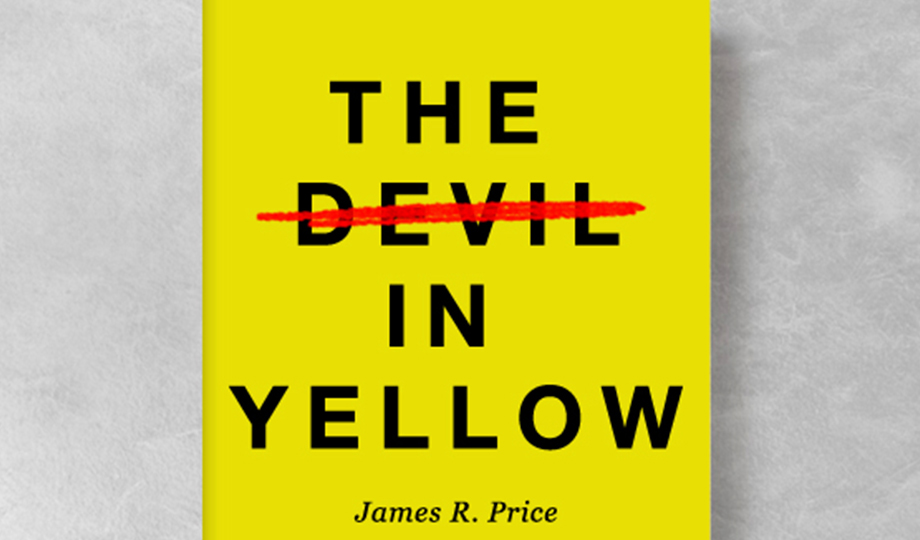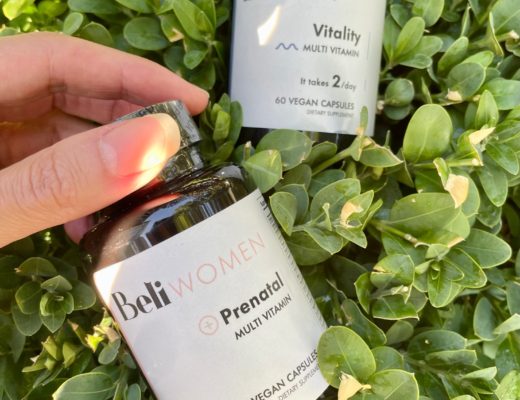Lately I have been thinking a lot about the classic childhood classification of being good or bad. It is likely that your parent’s earmarked you as one or the other, and even in comparison of your siblings. Maybe they didn’t label you as the bad kid, per say, perhaps it was just in passing or when you did something bad. Overtime, this identity can become ingrained in us. We see ourselves through the vision of how our parents saw us or labeled us. And depending on the degree of which we experience it, this can be a stronghold on us. Part of our identity that we carry around at the soul of who we are.
Our very self-worth stems from childhood. When a child is being good it often means they are adhering to the predictability of what is expected of them. They are conforming; doing what’s right. Good children are seen as well-behaved children right. But in following the norms of social, familial and behavioral cues we see as children are we not allowed to come into our own being? It is often those kids who step outside of the boundaries who are called bad. They are the non-conformists.
Unknowingly some of this behavior as children may create patterns in adulthood that you are not even aware of. The good girl who was always trying to please and do right. Constant pleasers often feel voiceless and powerless to change. Especially as women, who are by nature caregivers, this can be extremely difficult. We often suppress our own needs to care for others. Overtime doing so can cause someone to dull their senses so much, you no longer even know what you need, and become devoid of being connected to one’s own feelings. Through a lifetime of giving and pleasing the feelings can lead to great anger and resentment in adulthood, as well as feelings of despair and powerlessness. Women often struggle with this- to create a life that balances their own needs with others.
Being caring, loving does not have to mean abandoning your own needs. Afraid of alienating or upsetting others can lead to an avoidance of conflict and an inability to say no. Relationships may be a source of stress when you regularly sacrifice the care of your own self. It can create a pattern of living that feels painful, overwhelming. When we are stuck in a chronic pattern of overgiving, over caring, and overexerting it can be very hard to break free. You may have even come to value ourselves based on people perceiving us to be kind, nice and caring. We are scared of people not liking us, we are scared to say something unfavorable. We don’t know how to care for ourselves because it feels selfish.
For myself, I was always told I was a bad child. That I was disobedient and defiant. In adulthood, this translated to me
So Where Do We Start the Healing?
Ask yourself the question and then listen.
Honor your needs
What are the things that you need in your life? what are your
Care for yourself
Whatever it may be. take the time to truly care for yourself. Take baths, take walks, sit and read alone, go for a massage. Do whatever you want to do that makes you feel good. And eventually doing these things will just feel more like you. And it won’t at all feel selfish.
Say no!
This is big and certainly much longer articles have been written about this. But if you do not have boundaries for things, your life will never feel like your own. And you will likely be sick as a result. When someone asks something of you, stop and pause and think for a moment. What is your intuition telling you is the right answer. Listen to what it is saying – and just go for it.
for great discounts visit here.






No Comments